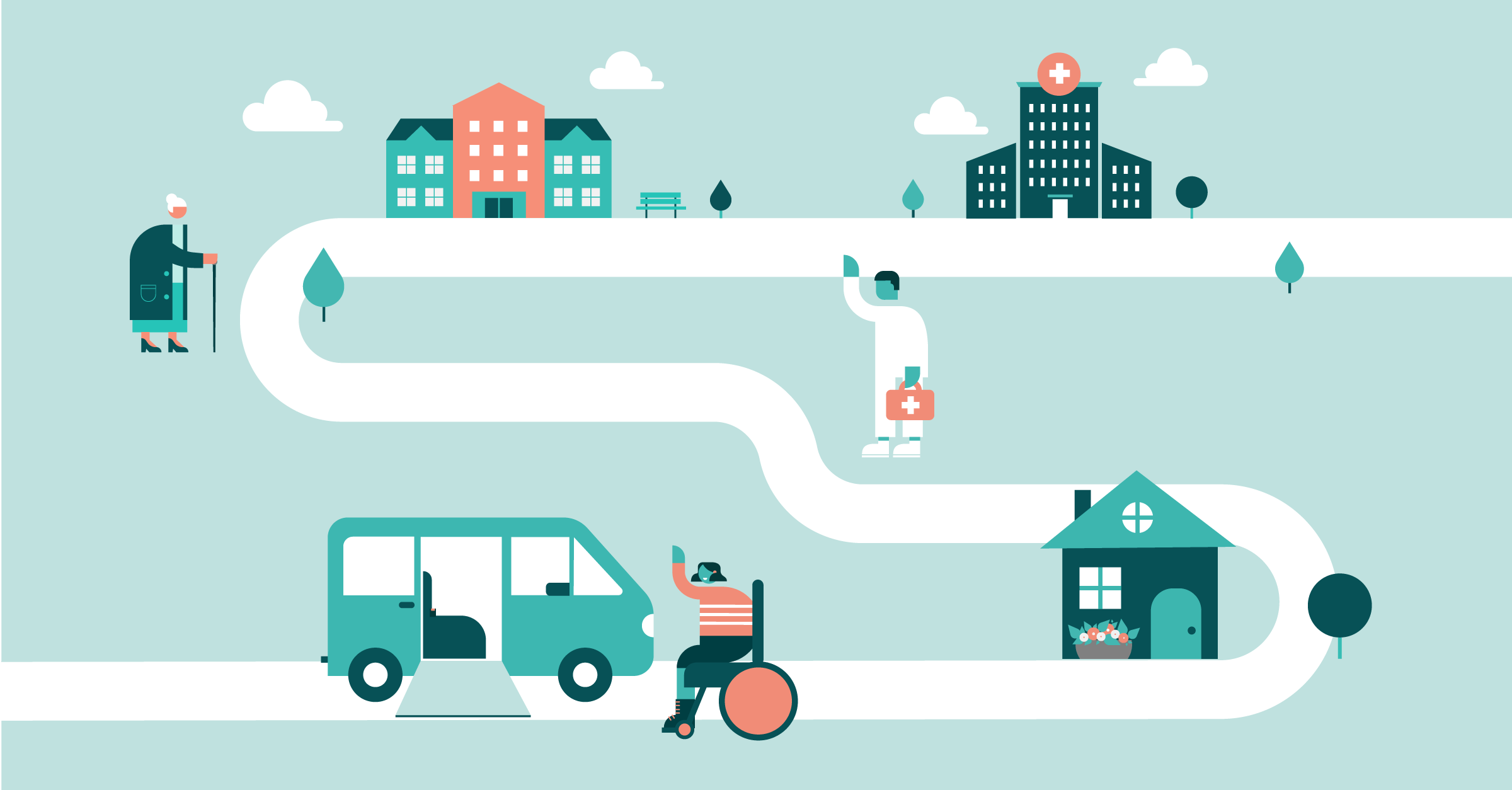Economical and Accessible Medical Transport Options for every single Scenario
In the world of medical care, the capability to accessibility medical services is extremely important, yet the challenge of cost effective and obtainable transport can commonly impede individuals from getting needed care. While some might have the means to safeguard personal transport, many face barriers that make it challenging to reach clinical visits or centers. However, the landscape of clinical transportation alternatives is evolving, providing a series of remedies tailored to various demands and circumstances. By discovering specialized medical transportation services, neighborhood transportation programs, ride-sharing and taxi solutions, non-emergency clinical transport, in addition to public transportation and paratransit choices, people can find avenues that deal with their details demands and ensure they receive the treatment they require.
Specialized Medical Transportation Solutions
Specialized medical transportation solutions play a vital role in guaranteeing secure and efficient transportation for individuals calling for specialized care throughout transit. These solutions accommodate patients with unique clinical requirements, such as those requiring continuous tracking, specialized equipment, or medical interventions throughout transportation. By making use of specially complete cars and experienced clinical personnel, specialized medical transportation solutions ensure that clients obtain the necessary care while being moved between health care facilities, houses, or other places.
One trick facet of customized clinical transportation solutions is the focus on individual convenience and safety and security. Medical transportation groups are educated to manage various clinical conditions and emergency situations that might occur during transit, supplying a higher level of care than traditional transport options. In addition, these services often use door-to-door help, decreasing the stress and anxiety and discomfort that people may experience during transfers.
Area Transport Programs
Having addressed the critical role of specific clinical transport services in making sure secure and effective transport for people with distinct clinical requirements, the emphasis currently moves to taking a look at Area Transport Programs - medical transportation. These programs play a crucial function in giving affordable and available transportation remedies for the general populace, including seniors, individuals with impairments, and low-income households that may deal with obstacles in accessing traditional transportation choices
Area Transport Programs encompass a series of services such as fixed-route buses, paratransit services, volunteer driver programs, and ridesharing efforts. These programs are frequently supported by city governments, non-profit organizations, or exclusive business to guarantee that individuals have trustworthy transportation choices to reach clinical visits, food store, social activities, and other important locations.
Ride-Sharing and Taxi Providers

One of the essential benefits of ride-sharing and taxi solutions is their access. These services run 24/7, allowing individuals to take a trip to medical consultations, drug stores, or medical facilities any time of the day. Additionally, ride-sharing and taxi services accommodate people with mobility difficulties by supplying wheelchair-accessible automobiles upon demand.
Moreover, ride-sharing and taxi services can be specifically beneficial for people residing in areas with minimal mass transit options. By bridging the void in between home and medical care facilities, these services play a vital function in making sure that every person has accessibility to crucial clinical solutions.
Non-Emergency Medical Transport

Non-Emergency Medical Transportation providers normally use trained personnel who are experienced in assisting individuals with differing medical needs (medical transportation). These specialists make sure that clients are securely carried to their locations in a prompt way, addressing any particular requirements or medical devices required during the journey. By offering door-to-door solution, Non-Emergency Medical Transportation enhances the overall accessibility of medical care for individuals who may otherwise struggle to participate in critical clinical visits. Overall, these services contribute significantly to improving healthcare end results by helping with the smooth transportation of clients to non-urgent clinical centers.
Public Transit and Paratransit Options
Public transit and paratransit choices provide vital transportation solutions for people with varying wheelchair demands, making sure accessibility to essential locations such as clinical centers and consultations. Public transit systems, including buses, trains, and trains, give an affordable and commonly available mode of transportation for individuals seeking to reach clinical consultations. These solutions are especially useful for those that may not have access to private vehicles or need aid because of flexibility difficulties.
Paratransit services cater especially to individuals with specials needs who are unable to make use of typical public transport. These solutions provide door-to-door transport, accommodating individuals with mobility devices, walkers, or other mobility aids. Paratransit lorries are outfitted with functions such as wheelchair ramps and securement systems to ensure the risk-free and comfortable transport of passengers with varying flexibility requirements.

Verdict
